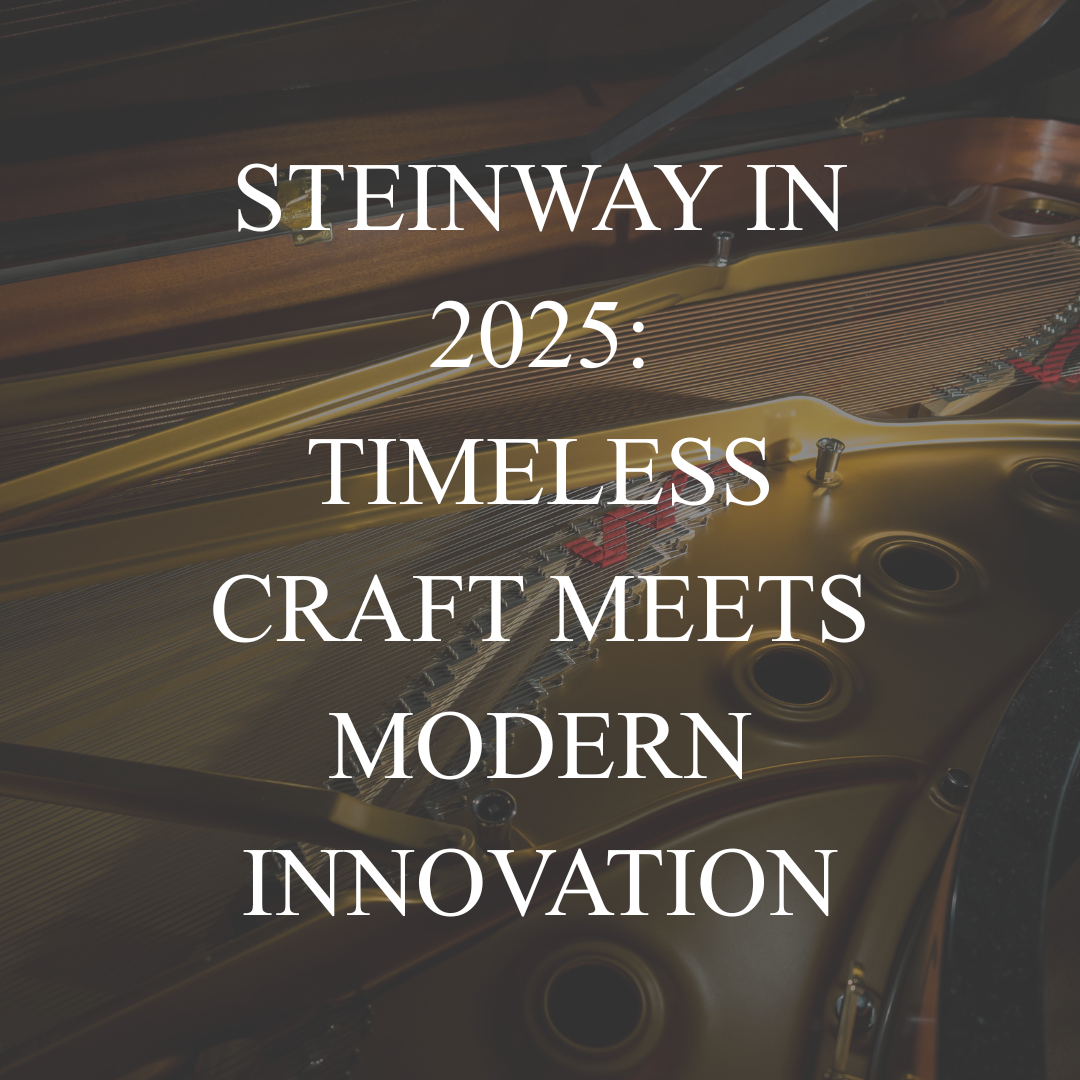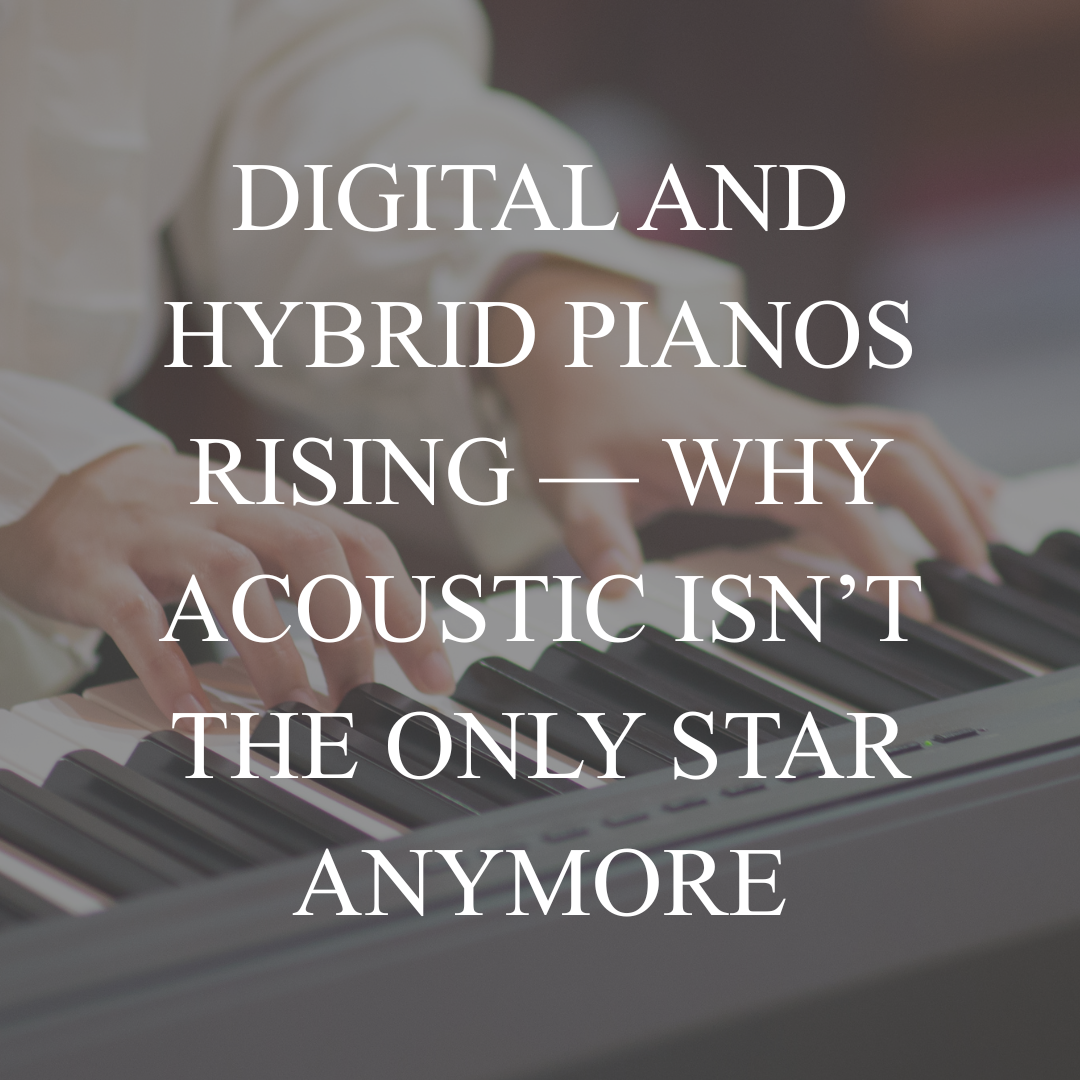
You should always buy the best piano you can afford because you will play better on an instrument that responds with the best sound and touch from your input.
As you get better, the piano will be more likely to keep up with your increasing skills. There is nothing more frustrating than having the piano not perform to your abilities at any level. You know what you want but the instrument can't do it.
This depends on what the piano is used for and your personal needs. For just practicing a good upright would be okay.
For a bigger sound and advanced keying techniques, a grand would be better. A good knowledgeable piano salesperson should work with you to pick out the best choice for your needs.
Always buy from the store that has the most knowledgeable staff, both in sales and the tech people. Those that help you select a piano not sell just try to sell you one. A store with many good reviews is a great indication of quality and customer satisfaction.
Do not be blinded by the most recognized names. There are many superior pianos out there that you have never heard of.
Allow a fair amount of open-mindedness and select a piano by how it works for your budget and needs after listening to all the options available to you. Here is a good tip.
Do not consider any piano that they can't show you a picture of the factory with that piano’s name on the front.
Sounds funny but here is why. Many pianos, even those with old somewhat recognizable names are just generic instruments with no real company behind them. They are called "stencil pianos" made in a low bid random factory, and alike except for the stenciled name on the key cover. These can be a bad choice for many reasons.
Comments will be approved before showing up.

Every four years, Warsaw becomes the luminous heart of the classical piano world. The International Chopin Competition is more than a contest — it’s a global ritual of artistry and endurance. For pianists, it is the Mount Everest of performance; for listeners, it is two weeks of breathtaking musical devotion.
But while the audience follows the fate of each pianist, another drama unfolds behind the music — a quieter rivalry that has nothing to do with interpretation or emotion, and everything to do with sound.
Because in Warsaw, the pianists are not the only ones competing. The pianos themselves are.

For more than a century, Steinway & Sons has defined what it means to build a truly exceptional piano. But in 2025, the brand isn’t just honoring tradition — it’s evolving. At Northwest Pianos, we continue to see how Steinway’s balance of craftsmanship and technology keeps it ahead of the curve in a fast-changing industry.

Over the last few years, acoustic pianos have held the prestige. But the tide is shifting. More musicians, educators, and beginners are turning to digital and hybrid models for their flexibility, technological perks, and lower maintenance demands. According to industry reports, the global piano market is now incorporating “smart integration” and “compact designs” as key drivers for growth. The Business Research Company+2PR Newswire+2